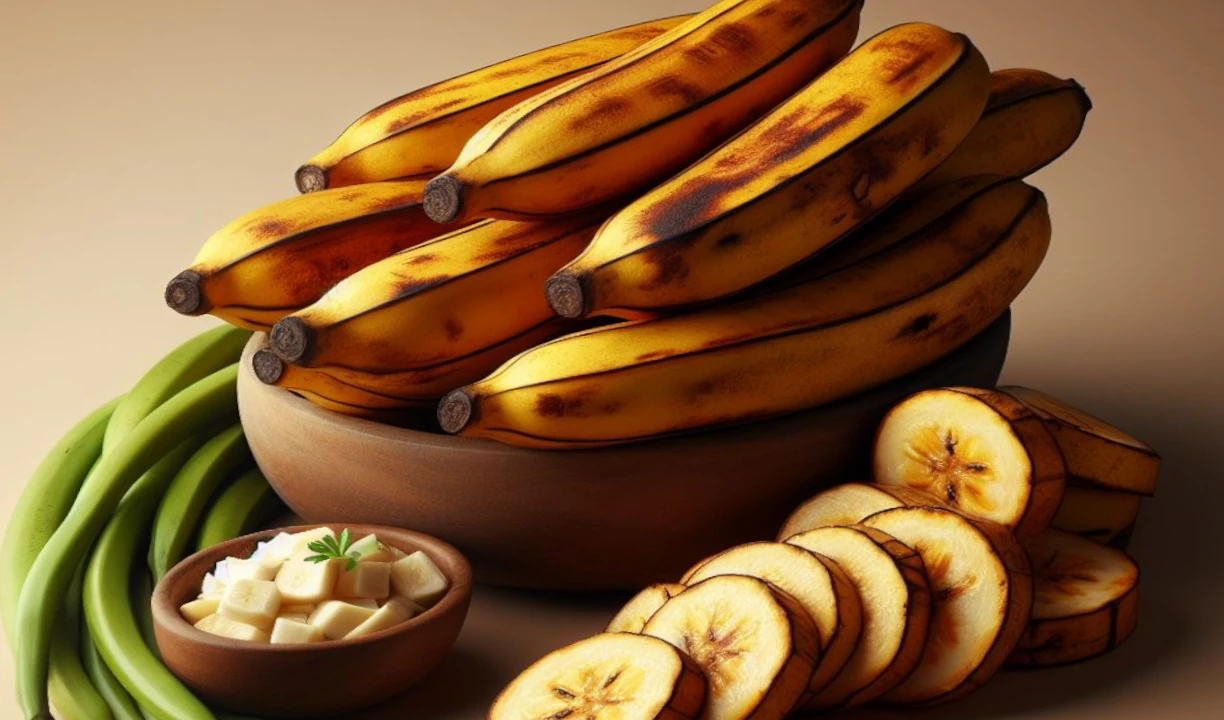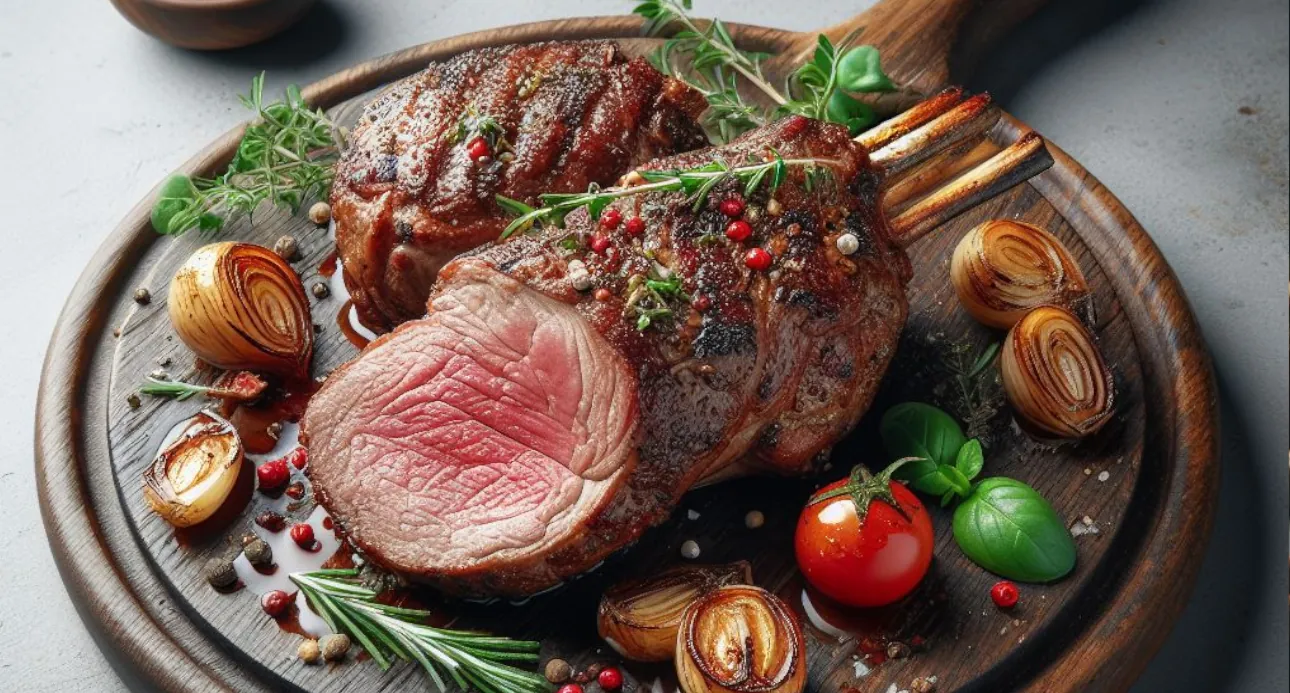Wild Whey Protein Lysine and Arginine Info Sheet
Overview
Wild Whey Protein is a high-quality protein supplement sourced from grass-fed cows that graze year-round on organic pastures.It’s made directly from raw milk rather than from whey that is a byproduct of the cheese-making process.
Wild Whey Protein is praised for its taste and its ability to boost immunity and muscle recovery.
It’s a non-denatured native whey protein, preserving as much beneficial nutrition as possible.
It contains nearly four times as much lysine as arginine, which is ideal for those who are trying to lower their arginine consumption.
| Name | Lysine (mg/100g) | Arginine (mg/100g) | Ratio |
|---|---|---|---|
| Wild Whey Protein | 10489mg | 2840mg | 3.69 |
Wild Whey Protein contains 10489mg of Lysine and 2840mg of Arginine per 100g of product.
This means Wild Whey Protein has a very high Lysine-Arginine ratio of 3.69.
Because Wild Whey Protein contains much higher levels of lysine than arginine, it is highly recommended for people who suffer from herpes, as it may prevent outbreaks.
Lysine Considerations
This protein powder is rich in lysine, which is important for muscle growth and recovery.
Lysine is an essential amino acid that your body can’t produce on its own, so you need to get it through the food you eat.
Lysine has the potential to prevent or treat cold sores, which are blisters caused by the HSV-1 virus, also known as herpes.
Lysine operates by slowing down the proliferation of HSV-1, which relies on another amino acid, arginine, to reproduce and infect cells.
Lysine can only be acquired through our diet, and is present in different high-protein foods such as eggs, dairy products, fish, meat and poultry.
Arginine Considerations
Compared to most standard protein powders, Wild Whey Protein is low in arginine, which makes it suitable for people who suffer from herpes outbreaks and are prone to cold sores.
Arginine can contribute to cold sore outbreaks, which are blisters caused by the HSV-1 virus, also known as herpes.
Arginine aids in the growth of HSV-1, which needs this particular amino acid to multiply and infect cells.
Arginine can be obtained through our diet, and is found in different high-protein foods such as nuts, seeds, and chocolate.
Regrettably, the herpes virus is known to "feed" on arginine, and a diet rich in arginine compared to lysine may increase the frequency and severity of cold sores and herpes outbreaks.
Lysine-Arginine Ratio
The lysine-arginine ratio is very high compared to other protein supplements.
This means this protein has more than three times more lysine than arginine.
Because lysine inhibits arginine, this product can be beneficial to individuals with HSV who are trying to reduce their arginine intake.
Both lysine and arginine play crucial roles in protein synthesis and other metabolic activities.
Interestingly, they have contrasting effects on the herpes simplex virus, which is responsible for cold sores and genital herpes.
Lysine can slow down the virus's ability to replicate, while arginine can promote it.
Consequently, consuming foods with a high lysine to arginine ratio may help decrease the frequency and severity of herpes flare ups.
Foods with a high lysine-arginine ratio include milk, cheese and yogurt products, fish, poultry, fruits, and vegetables.
These foods can supply the body with sufficient lysine to block the virus's uptake of arginine, thereby preventing its growth and spread.
Dietary Considerations

For example:
A well-balanced and healthy diet that strengthens your immune system and lowers inflammation is important.
This means you should eat a lot of fruits, vegetables, whole grains, lean protein, and good fats, and avoid processed foods, added sugars, alcohol, and caffeine.
Avoid alcoholic beverages and caffeine which can overstimulate your body, leave you dehydrated, and compromise your immune system.Consider taking l-lysine supplements, which can help prevent herpes outbreaks and stop a cold sore before it emerges by limiting the availability of arginine for the virus, which it requires to produce a cold sore.
Taking other food supplements that can improve your immunity and protect your cells from oxidative stress, such as vitamin C, zinc, selenium, and antioxidants.
To prevent outbreaks, avoid foods that can cause allergic reactions or sensitivities, such as gluten, dairy, nuts, eggs, or shellfish.
These foods can harm your immune system and make inflammation worse.
Check more food information






